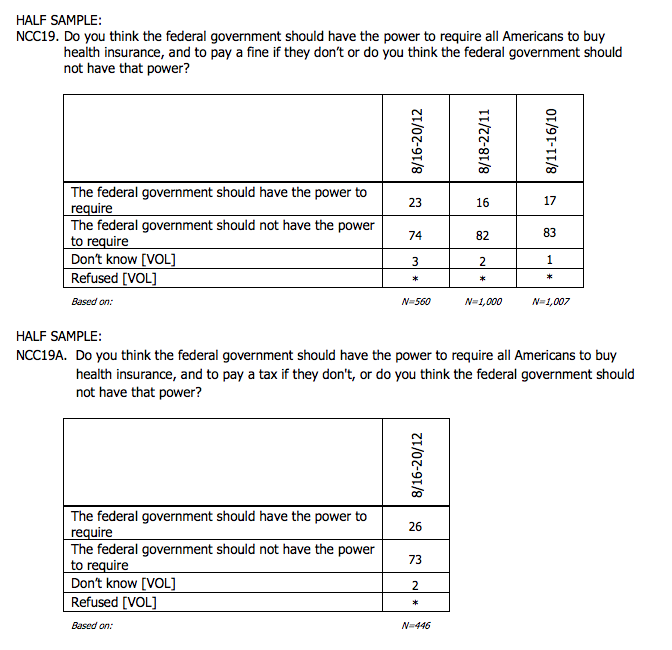In his review of Sandy Levinson’s new book, Framed, JPS can’t but help criticizing opinions in which he dissented:
And neither the Tenth Amendment, which merely confirms that federal legislation must be authorized by an enumerated power, nor the Eleventh Amendment, which by its text concerns only suits by one state’s citizens against another state, should be understood to affect this point.
In a handful of recent cases, however, the Supreme Court has made the fundamental mistake of failing to properly account for the constitutional compromise that created the Senate. Majority approval of the states, as reflected in the outcome of a Senate vote, should be sufficient to justify the exercise of federal power. Yet inAlden v. Maine (1999), the Court held that the states could not be required to obey laws applying to the national labor market. In Printz v. United States (1997), it ruled that state agents need not assist the federal government’s efforts to secure the safety of its citizens. These are examples of Supreme Court cases that will be seen as unfaithful to that compromise.
. . . .
Levinson’s discussion illustrates errors that have been committed by the Supreme Court in reading limitations on federal power into the Constitution that are unsupported by its text. In Printz v. United States, the Court held that the federal government could not direct county officials to conduct background checks on prospective handgun purchasers during an interim period in which federal officials could not. That holding makes no sense. Just as the federal government can draft citizens into the army, so, too, should it be able to call upon state agents to assist with federal functions.
Or make them buy broccoli.
Similarly, in New York v. United States, the Court invalidated an act of Congress that attempted to provide a solution to the national concern about the disposal of radioactive waste; the Court held that the federal government could not command states to “take title” to such waste. In neither Printz nor New York was the holding even arguably mandated by constitutional text; nor was there historical or structural support for the Court’s conclusions, as my dissents in those cases explained.2 In the face of pressing national problems, such as those at issue in Printz and New York, or far more serious and time-sensitive emergency situations, such as the September 11 attacks, it is exceedingly unwise to restrict the ability of the federal government to meet the crisis on the basis of a constitutional reading that lacks historical justification or textual support.
Such as the historical analysis Justice Kennedy used in Boumedienne v. Bush to limit the Chief Executive’s ability to deal with an issue of national security. Oh wait. (I don’t disagree with the outcome of Boumedienne, but efforts by Stevens to cast it in term of historical justification is farcical).
Nothing new here. He made the same points in his book, 5 Chiefs.
